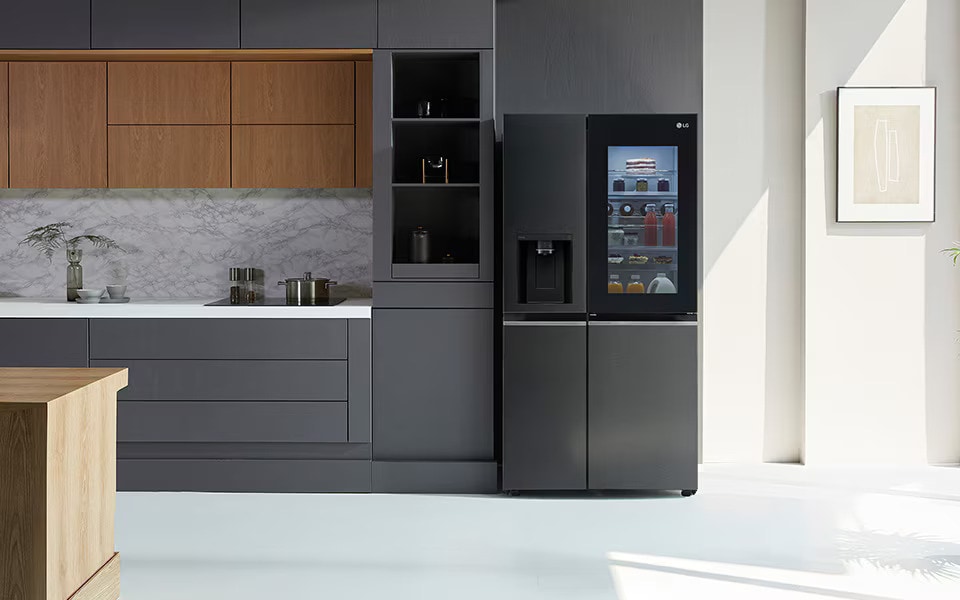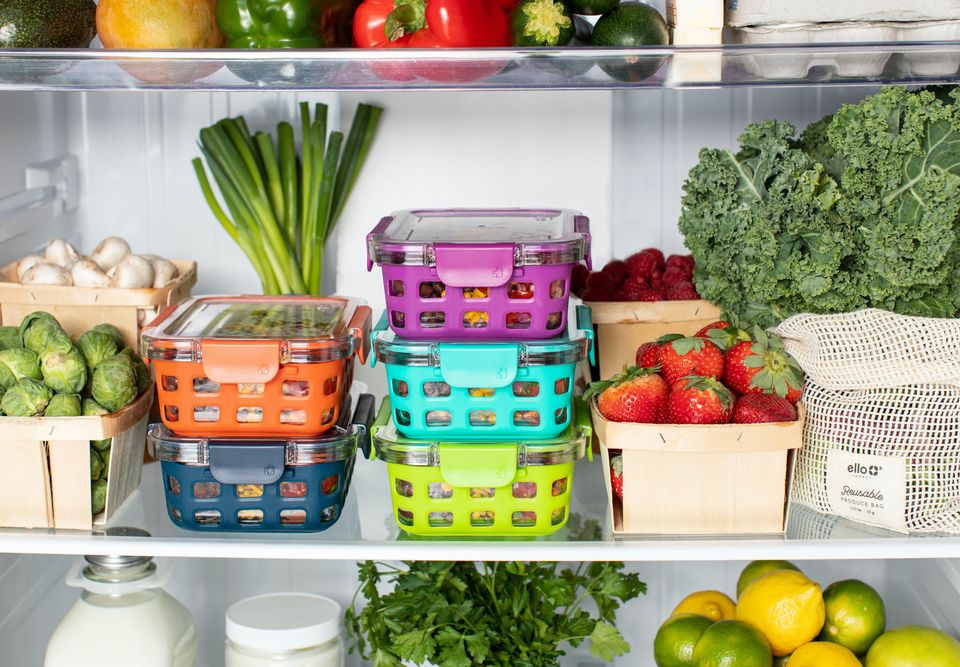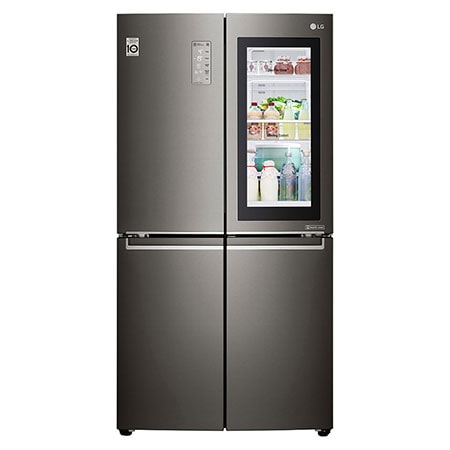We use cookies, including cookies from third parties, to enhance your user experience and the effectiveness of our marketing activities. These cookies are performance, analytics and advertising cookies, please see our Privacy and Cookie policy for further information. If you agree to all of our cookies select “Accept all” or select “Cookie Settings” to see which cookies we use and choose which ones you would like to accept.
The History Of Refrigerators
20th July, 2024

Did you know that refrigerators didn't exist before the 1800s? It's quite surprising, considering how integral they have become in our daily lives, from preserving leftovers in the fridge so they don’t spoil to being the go-to solution every time we're bored or craving something to eat late at night.
The question that lingers is, how did people back then store or preserve their food? And what led to the invention of the refrigerator?
Continue reading this article to learn more about the answers to these questions and much more! But before that, let's understand the significance of properly storing food.
The Importance of Storing Food Correctly
You can prevent bacteria and other microbes from infesting your food by storing your food the right way.
However, when food is stored incorrectly, it invites bacteria to grow and produce enzymes that make it spoil faster. An efficient way to preserve your food and protect it from germs and bacteria is by avoiding storing it in high-temperature environments, dirty areas, and humid compartments.
● How to know if your food has gone bad:
1. It has an undesirable taste. 2. There is a change in texture and/or color. 3. It has an unpleasant smell.
It is crucial for every household to prioritize food storage. Improperly stored meals pose a risk to health as they can cause food poisoning and chemical contamination. Unlike when they are stored properly, the food's quality and flavor remain good without the risk of coming into contact with any harmful bacteria.
Brief History of Refrigerators
After understanding the significance of storing food in refrigerators, you might be curious about how people preserved and cooled their food before the invention of refrigerators.
Let's take a brief look at the history of refrigerators.
1. Natural Fridges
Yes, you read that correctly.
In ancient times, people utilized natural cooling methods to preserve their food. They stored their food using cooling techniques that depended on the environment and were readily available to them.
For instance, they would store food directly in lakes and rivers, while in other regions and for different types of food, individuals would dig holes and wells in the ground for preservation purposes.
2. Simple Fridges
The first illustration of the evaporative cooling method for refrigeration was done by the Scottish professor William Cullen; however, it was never put into practice. In the early 1800s, inventor Jacob Perkins developed a vapor compression system, and in the late 1800s, professor Carl von Linde licensed the process of liquefying gas.
In the early 1900s, the first home electric refrigerator was invented. It consisted of an icebox with a refrigeration unit to sustain a cool temperature.
3. Home Refrigerators
Shortly after that, the first home refrigerator was introduced, marking the beginning of mass production for household refrigerators in urban areas. Since then, refrigerators have been regarded as an essential luxury due to the decrease in fresh food supply and the growing demands of city life.
4. Refrigerators with freezers
What’s even more interesting is that freezer compartments weren’t incorporated into the fridge until the mid-1900s and the water dispenser feature didn't emerge until the 1980s.

History of Refrigerators with LG
It's difficult to envision a world without refrigerators in this day and age, especially considering we now have fridges equipped with alarms that notify us when their doors are left open. It's truly remarkable how far technology has advanced!
Since introducing its first refrigerator in 1965, LG has been expanding and innovating its range of high-tech fridges. LG offers a diverse selection of options equipped with modern features and qualities tailored to meet and exceed your needs and expectations.
Some of these features include:
● The Inverter Linear Compressor:
They help you save up to 32% on energy costs, enjoy exceptional durability, and optimal temperature control to preserve your food's freshness for an extended period.
This means lower bills, environmental benefits, and the ability to savor your favorite leftovers for an extended period.
● FRESHBalancer
To prevent your food from spoiling due to humidity, LG fridges come equipped with a FRESHBalancer function to maintain the freshness of your vegetables and fruits by controlling the humidity level.
Therefore, say goodbye to rushing to turn fruits into jams and juices before they spoil, and hello to long-lasting freshness.
● Smart ThinQ:
With LG, you don’t have to worry! All the control you need is in the palm of your hands.
● The Knock Twice Feature:
You can find this revolutionary feature in the InstaView Door-in-Door refrigerators.
If you’re in the habit of staring at the food inside your fridge for too long, trying to figure out what to eat, then LG InstaView will suit you best. Once you knock twice on the fridge’s door, the lights inside will turn on, and you’ll be able to see the contents of the fridge.
Discover more about InstaView Door-in-Door refrigerators unique features and what makes them one of LG’s most innovative and efficient refrigerators to date.
Regardless of the features you seek in a refrigerator, LG offers a range of top-notch fridges to meet your needs. Explore the different types of LG refrigerators and select the one that best suits your requirements.
With LG refrigerators, you can rest assured that your food will remain fresh and tasty. They offer a clean and cold environment that effectively wards off bacteria and germs. Experience the convenience of modern technology!
Life's Good, LG!







